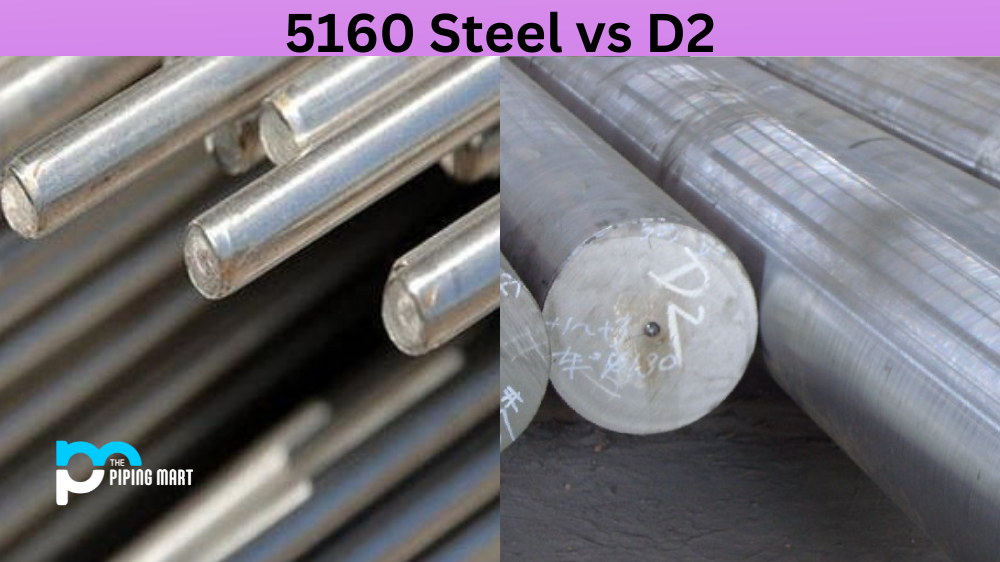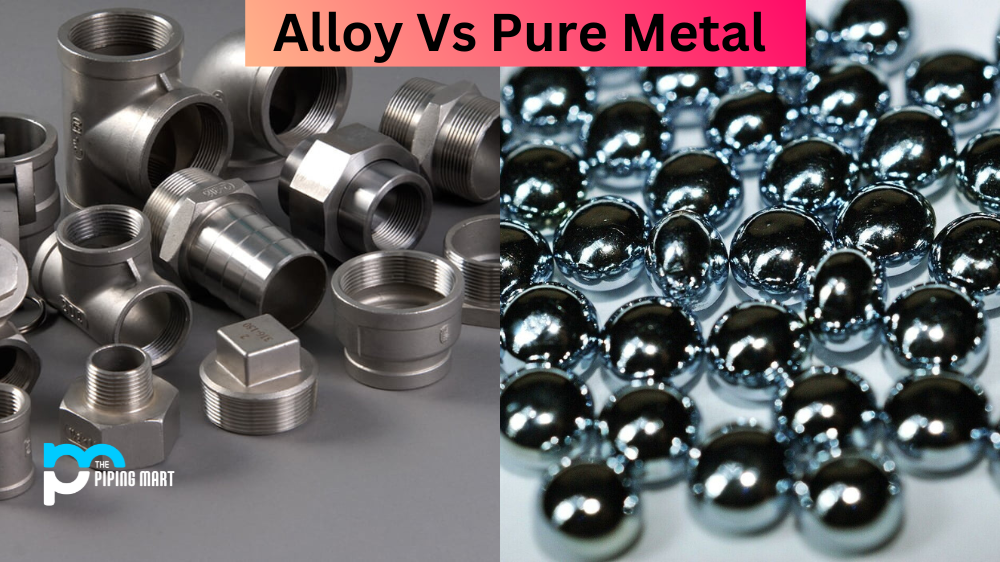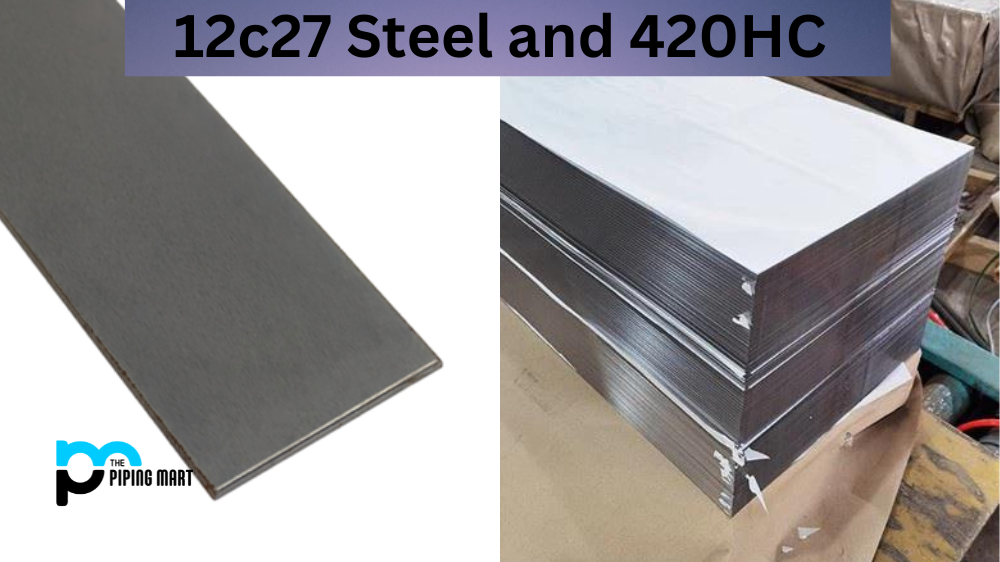When looking for the perfect material for your knives or blades, you might come across two popular options: 5160 steel and D2. These two steel types are often compared, as they have unique properties and benefits. Which one should you choose, though? In this blog, we will compare and contrast 5160 steel and D2 so that you can make an informed decision.
Difference Between 5160 Steel and D2
Composition and Durability
Both 5160 steel and D2 have different compositions that give them unique properties. 5160 steel is a low alloy of carbon, manganese, and silicon. This makes it tough, durable, and resistant to shock and impact, making it perfect for large knives or swords. On the other hand, D2 is a high-carbon steel containing chromium, molybdenum, and vanadium. Its high carbon content makes it incredibly durable, resistant to rust, and able to hold a sharp edge for a long time. However, it’s also more brittle than 5160 steel and harder to sharpen.
Price and Availability
Regarding price and availability, 5160 steel is often cheaper and easier to find than D2 steel. This is because 5160 steel is more commonly used in many industries, including automotive and industrial manufacturing. D2 steel, on the other hand, is often used for high-end knife making and is more expensive due to its rarity and exclusivity.
Machinability and Workability
5160 steel is known for its workability, making it easy to shape, forge, and heat-treat. This makes it a favourite for knife makers and blacksmiths who want to create custom blades. D2 steel, on the other hand, is more challenging to work with, as it requires high heat to forge and shape, making it more expensive and time-consuming.
Corrosion Resistance
While both 5160 steel and D2 are corrosion-resistant, they have unique ways of dealing with them. 5160 steel is less rust-resistant but can be treated with oil or wax to preserve it. D2 steel, on the other hand, has excellent corrosion resistance due to its high chromium content, making it perfect for use in harsh environments.
Applications
Both 5160 steel and D2 steel are perfect for different applications. 5160 steel is great for large, heavy-duty knives or swords, as it can handle heavy impacts and has excellent shock resistance. D2 steel, on the other hand, is perfect for small, high-end knives and tools, as it can hold a razor-sharp edge for a long time and has excellent wear resistance.
Conclusion
In conclusion, choosing between 5160 steel and D2 steel is about understanding your needs and preferences. If you want a durable, shock-resistant blade that can handle heavy impacts, 5160 might be the better option. However, if you’re looking for a high-end, sharp blade that can hold its edge for a long time, D2 could be the perfect choice. Both steel types have unique benefits, so consider your needs before deciding.

Abhishek is a seasoned blogger and industry expert, sharing his insights and knowledge on various topics. With his research, Abhishek offers valuable insights and tips for professionals and enthusiasts. Follow him for expert advice on the latest trends and developments in the metal industry.




